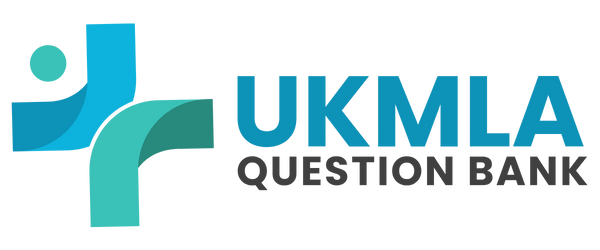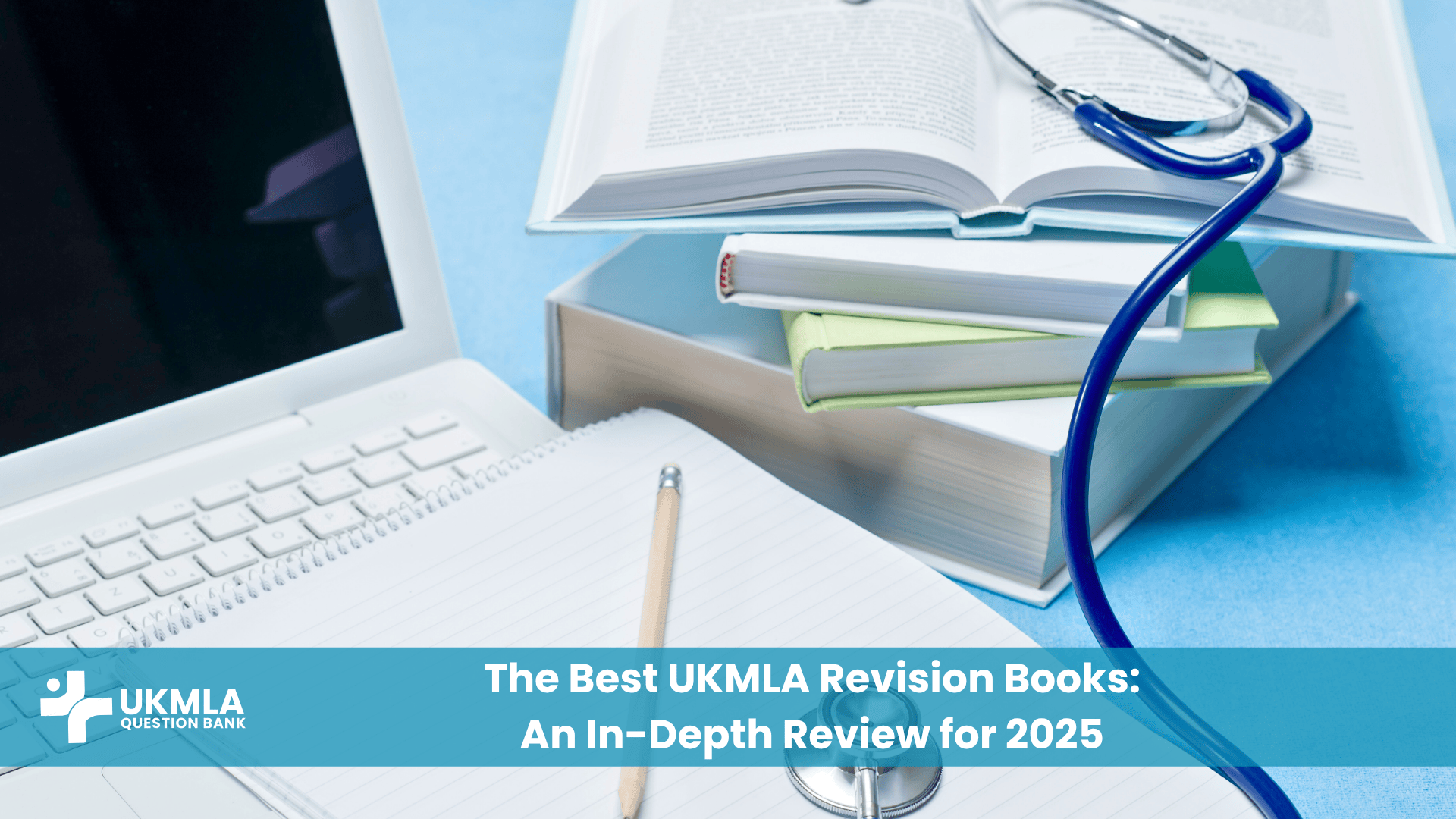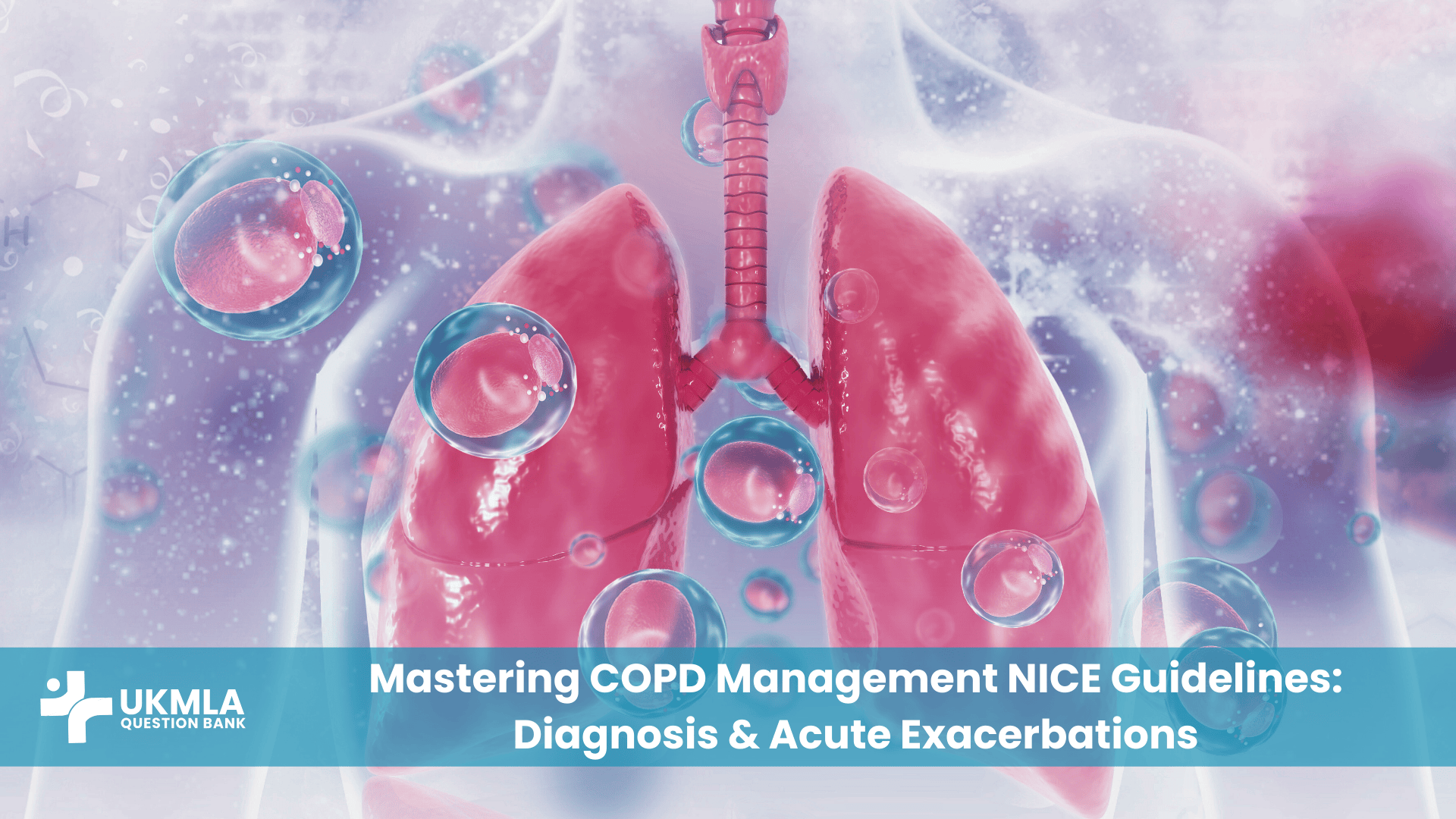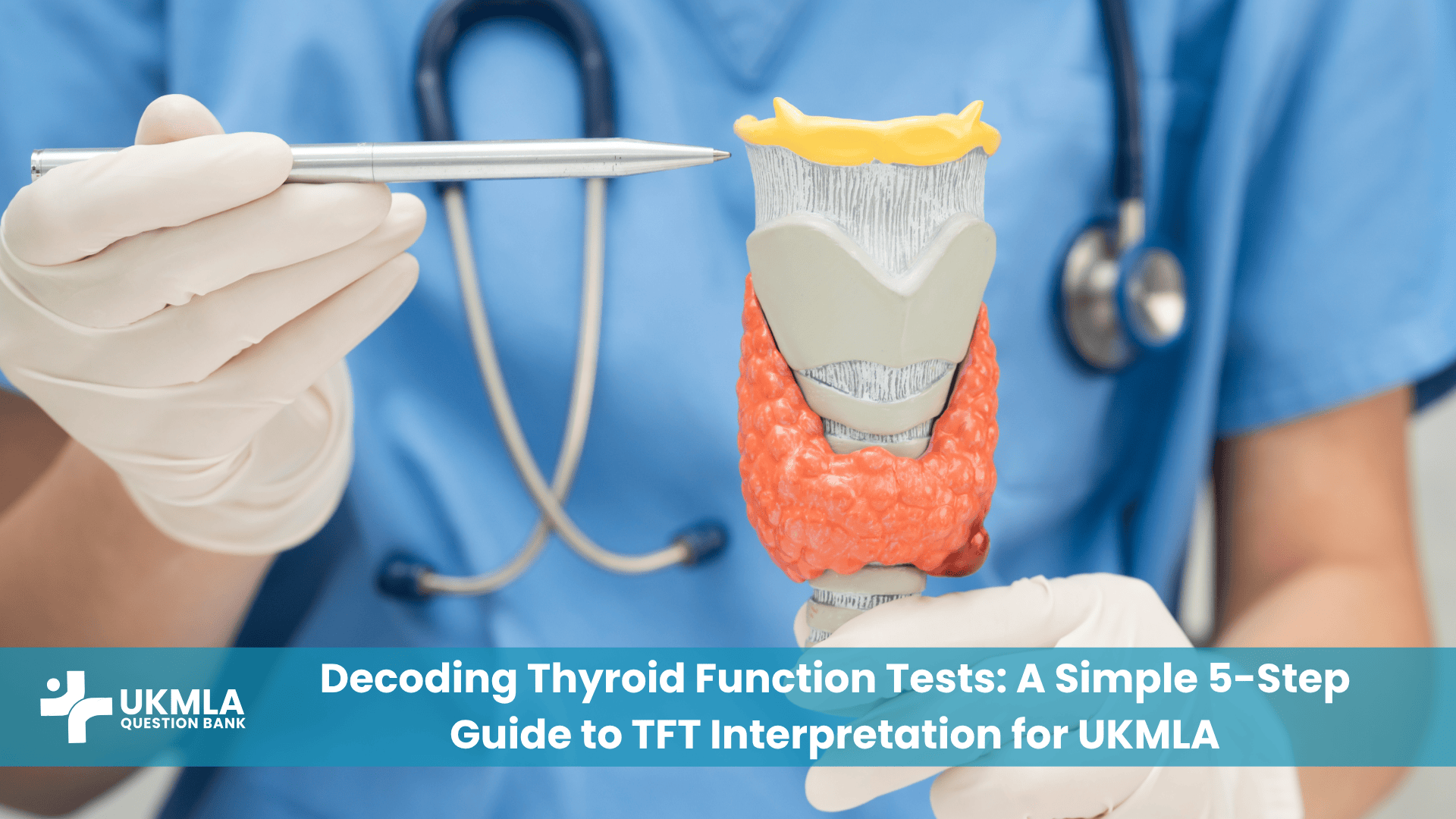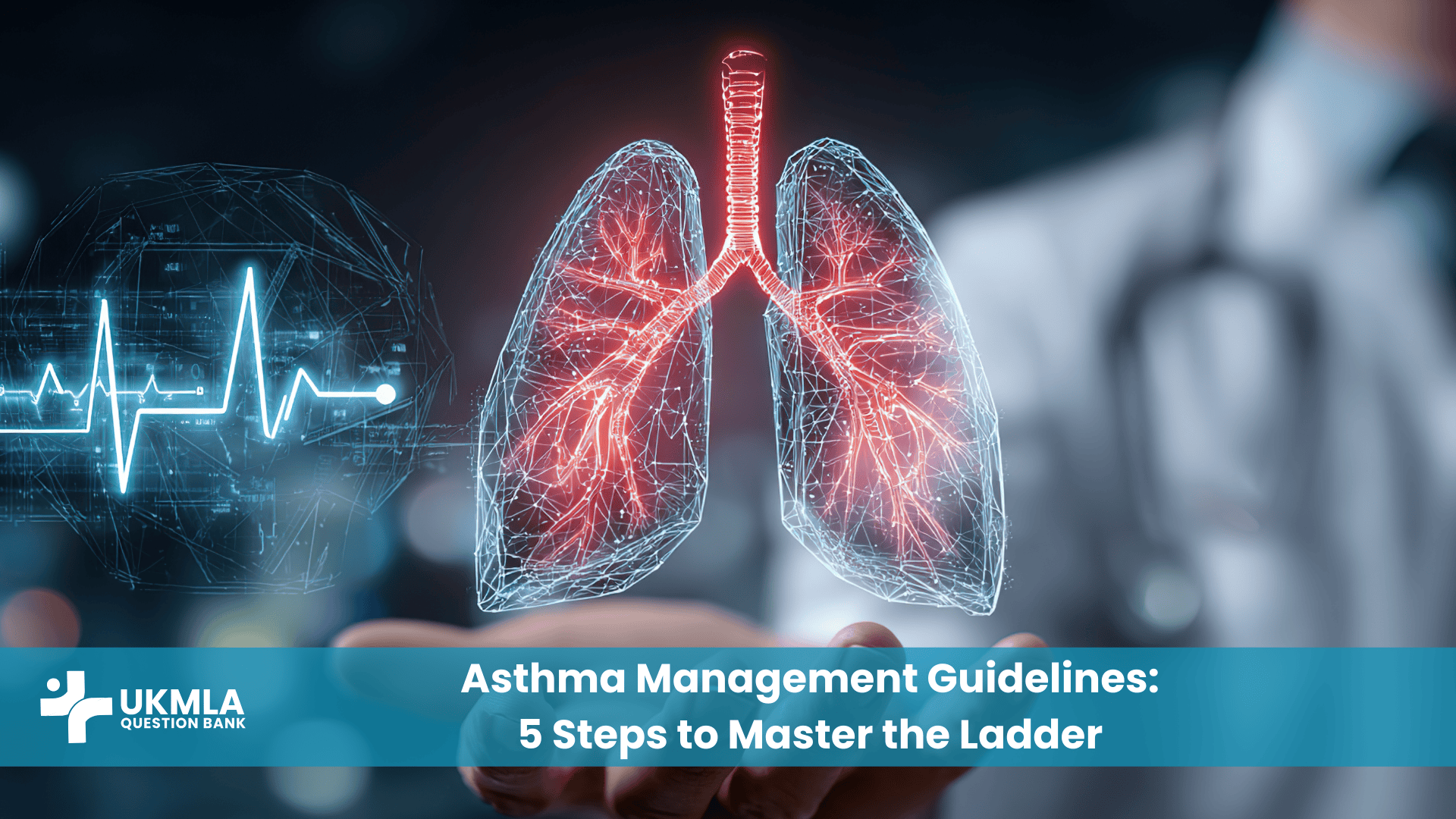Introduction
Choosing the best UKMLA revision books from the sea of available options can feel like a high-stakes decision in itself. Walk into any medical school bookshop or browse online, and you’re met with an overwhelming number of textbooks, handbooks, and guides, all claiming to be the key to your exam success. With limited time and a finite budget, it’s crucial to select a small, powerful collection of resources that will serve you effectively without cluttering your desk and your mind.
This guide is designed to be your clear, honest, and experience-based review of the top-tier books for UKMLA preparation. We will move beyond a simple list and delve into why certain books have become staples for UK medical students, what their specific strengths are, and how they fit into a modern, effective study plan. This is a crucial companion to our guide on free vs paid UKMLA resources, helping you build your ultimate study arsenal.
Table of Contents
ToggleHow to Choose the Right Revision Book for You
Before you start buying books, it’s important to have a strategy. The “best” book is subjective and depends heavily on your individual needs.
Understanding Your Learning Style (Text-heavy vs. Illustrated)
Consider how you learn best. Are you a reader who benefits from dense, detailed prose, or are you a visual learner who needs diagrams, flowcharts, and illustrations to make concepts stick? Some comprehensive textbooks are text-heavy, providing immense detail, while others (particularly in specialties like paediatrics) are built around illustrations. Being honest about your learning style will help you choose a book you will actually use rather than one that just sits on your shelf.
The Role of Books Alongside Question Banks
In the modern era of medical education, books are not your primary learning tool—a question bank is. Books are your reference library. They are for looking up concepts you don’t understand from a QBank explanation and for building a solid foundational knowledge base in your weaker subjects. The goal is not to read every book from cover to cover, but to use them surgically to fill knowledge gaps identified during your active learning sessions. Understanding how to use a UKMLA question bank effectively is the first step to understanding how books fit into your plan.
The “Must-Have” Comprehensive Textbooks
Every medical student needs a go-to clinical medicine textbook. These two have been the gold standard in the UK for generations for a reason.
Review: Oxford Handbook of Clinical Medicine (OHCM)
Often called the “cheese and onion” for its distinctive cover, the OHCM is the bible for UK medical students and junior doctors.
Best For: Quick reference on the wards and during clinical placements. It’s designed to be a “doctor’s pocket” book.
Key Strength: Its concise, bullet-point format provides a rapid overview of the presentation, investigation, and management of hundreds of conditions. It is packed with high-yield facts, differential diagnoses, and emergency management protocols (e.g., the A-E assessment).
UKMLA Relevance: Invaluable for building a rapid-access mental library of common conditions. It’s less for deep learning and more for consolidating and quickly reviewing essential information.
Review: Kumar & Clark’s Clinical Medicine
If the OHCM is the quick-reference guide, Kumar & Clark is the comprehensive foundational text.
Best For: Developing a deep, mechanistic understanding of diseases. This is your primary resource for when a QBank explanation isn’t enough.
Key Strength: Its clear, well-written prose explains the “why” behind the medicine—the pathophysiology. It provides the context and detail that handbooks omit.
UKMLA Relevance: Essential for building the core knowledge required to answer complex, multi-step questions. You won’t read it cover-to-cover, but you will use it as your primary reference encyclopedia throughout your preparation.
The best ukmla revision books for High-Yield Specialties
While a general medicine textbook is essential, some specialties are so complex or visually oriented that a dedicated book is a worthwhile investment.
Paediatrics: Illustrated Textbook of Paediatrics
Best For: Visual learners and anyone who finds paediatrics challenging.
Key Strength: As the name suggests, it is heavily illustrated with outstanding diagrams, clinical photos, and summary boxes. It excels at explaining developmental milestones, genetic conditions, and paediatric emergencies in a way that is easy to recall.
Obstetrics & Gynaecology: Impey’s Obstetrics and Gynaecology
Best For: A concise yet comprehensive overview of a high-yield specialty.
Key Strength: It strikes a perfect balance between detail and readability. The chapters are logically structured, and it provides excellent, practical guidance on everything from antenatal care to gynaecological emergencies.
Psychiatry: Psychiatry PRN
Best For: A quick, case-based approach to psychiatry.
Key Strength: Psychiatry can be a difficult topic to learn from dense textbooks. Psychiatry PRN (“as required”) uses a problem-based format that is highly engaging and reflects how patients actually present. It’s excellent for understanding clinical presentations and management plans.
Essential Books for Specific UKMLA Skills
Beyond clinical knowledge, the UKMLA tests specific skills that have their own dedicated, must-read texts.
Clinical Examination: Macleod’s Clinical Examination
Best For: Preparing for the UKMLA CPSA (Clinical and Professional Skills Assessment).
Key Strength: Macleod’s is the undisputed gold standard for learning clinical examination skills in the UK. It provides step-by-step, illustrated guides to every physical examination, including what to say to the patient and how to present your findings.
ECG Interpretation: The ECG Made Easy
Best For: Anyone who finds ECGs intimidating.
Key Strength: This book has a legendary reputation for making a complex topic incredibly simple and accessible. It builds your knowledge from the absolute basics up to recognizing complex arrhythmias and ischaemic patterns. Its simplicity is its genius.
Ethics & Law: Medical Ethics and Law for Doctors of Tomorrow
Best For: Mastering the principles needed for ethics and professionalism stations in the CPSA.
Key Strength: This book is specifically written for UK medical students. It uses case-based scenarios to explain the core principles (the four pillars, GMC guidance) in a practical, easy-to-understand way, which is a core part of the medical ethics and law for UKMLA curriculum.
How to Use Your Revision Books Effectively
Buying the books is easy; using them effectively is the hard part. The key is to avoid passive learning.
Learning Principle: “The book is not the source of knowledge. The book is the source of information. Your brain is the source of knowledge. The process that turns information into knowledge is active work.”
Moving Beyond Passive Reading: Annotation and Active Recall
Never just read a chapter. Interact with it. Highlight key sentences, but more importantly, write questions and summaries in the margins. When you finish a section, close the book and try to summarize the key points out loud or on a whiteboard. This process of active recall and spaced repetition is what moves information from the page into your long-term memory.
Integrating Your Reading with Your QBank Practice
Use your question bank to direct your reading. If you consistently get questions on renal tubular acidosis wrong, that’s your cue to open Kumar & Clark and spend an hour mastering that specific topic. This “question-driven” reading is far more efficient than aimlessly reading chapters. It ensures you are spending your limited study time on your identified weaknesses.
Table 1: Summary of Recommended UKMLA Revision Books
| Book Title | Best For | Key Strength |
| Oxford Handbook of Clinical Medicine | Quick reference and on-the-ward learning | Concise, high-yield facts, portable |
| Kumar & Clark’s Clinical Medicine | Deep understanding of pathophysiology | Comprehensive detail, clear explanations |
| Macleod’s Clinical Examination | Preparing for the CPSA component | Gold standard for examination technique |
| The ECG Made Easy | Mastering ECG interpretation | Simplicity and building foundational skills |
| Medical Ethics and Law for Doctors of Tomorrow | Nailing ethics and professionalism stations | UK-focused, case-based, practical |
Frequently Asked Questions (FAQ) about UKMLA Revision Books
Less is more. A core library of OHCM, Kumar & Clark, and Macleod’s is an excellent foundation. Only add specialty books for areas where you feel particularly weak.
For core concepts in physiology and pathology, older editions are often fine and much cheaper. However, for management, guidelines, and drug doses, you must use the most recent edition possible, as medical practice changes quickly.
This is a personal preference. Physical books are great for annotating and avoiding screen fatigue. E-books are searchable, portable, and often cheaper. A hybrid approach often works best.
Look for university bookshops, online retailers like Amazon, and second-hand bookshops or online marketplaces. Student societies often organize second-hand book sales at the start of the academic year.
Yes, but they are often too detailed for the UKMLA, which tests you at the level of a foundation doctor, not a specialist registrar. Stick to the main OHCM unless you have a specific, profound weakness in one area.
For most students, the clinical detail in Kumar & Clark is sufficient. However, if you have foundational gaps in these areas from your pre-clinical years, revisiting a basic text like Gray’s Anatomy for Students or Guyton and Hall’s Textbook of Medical Physiology can be helpful.
Use the official GMC UKMLA Content Map. This is the official curriculum for the exam. If a topic is listed as a core presentation, you need to know it well.
They serve different purposes. A textbook provides a structured, narrative explanation of a topic. Online resources like UpToDate are encyclopedic reference tools for finding the latest, evidence-based answer to a specific clinical question. You need both skills.
After every paragraph, pause and ask yourself, “What is the single most important piece of information here?” Write it down or say it out loud. This simple act forces your brain to engage with the material actively.
Trying to read them cover-to-cover. This is an impossible and inefficient task. Your question bank should guide your reading, not the other way around. Use books as a reference tool, not a novel.
Conclusion
In the digital age, it can be tempting to think that textbooks are obsolete, but the best UKMLA revision books remain an invaluable part of a balanced study plan. They provide a level of depth, structure, and authority that is hard to find in scattered online resources. By choosing a small, high-quality collection of core texts, you build a reliable library that can anchor your understanding and clarify complex topics.
Remember, however, that these books are tools, not magic bullets. Their value is unlocked through active engagement—annotating, summarizing, and integrating their content with a rigorous question bank practice. Make a smart, informed choice on your core texts, use them actively to fill your knowledge gaps, and you will have built a powerful foundation for your journey to the foundation programme, which is officially managed by the Medical Schools Council and the UKFPO.
